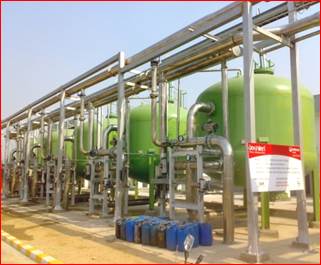
The aviation industry is undergoing a significant transformation, driven by the ever-increasing demand for air travel and the need to improve efficiency, security and passenger experience.

Airports are critical infrastructure that serve as gateways for international and domestic travel, facilitating the movement of millions of passengers and tons of cargo annually. However, these facilities are also vulnerable to a wide range of emergencies, including natural disasters, accidents, security incidents and public health crises. Effective emergency management is crucial for ensuring the safety and security of passengers, staff and operations, as well as minimizing disruptions and maintaining business continuity.

Airports present unique fire safety challenges due to the presence of flammable materials, complex infrastructure and densely packed spaces. Early fire detection is critical for minimizing damage and ensuring passenger safety. Traditional smoke detectors may not be sensitive enough to detect fires in their incipient stages, leading to delays in response.

In recent years, the convergence of technology and sustainability goals has led to groundbreaking innovations in various sectors, with water management being no exception. The advent of IoT (Internet of Things) has catalyzed a paradigm shift in how we approach the conservation, distribution and utilization of water resources.